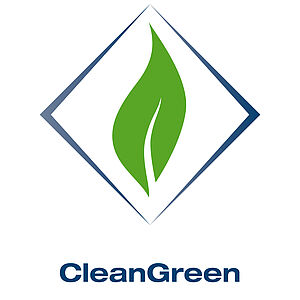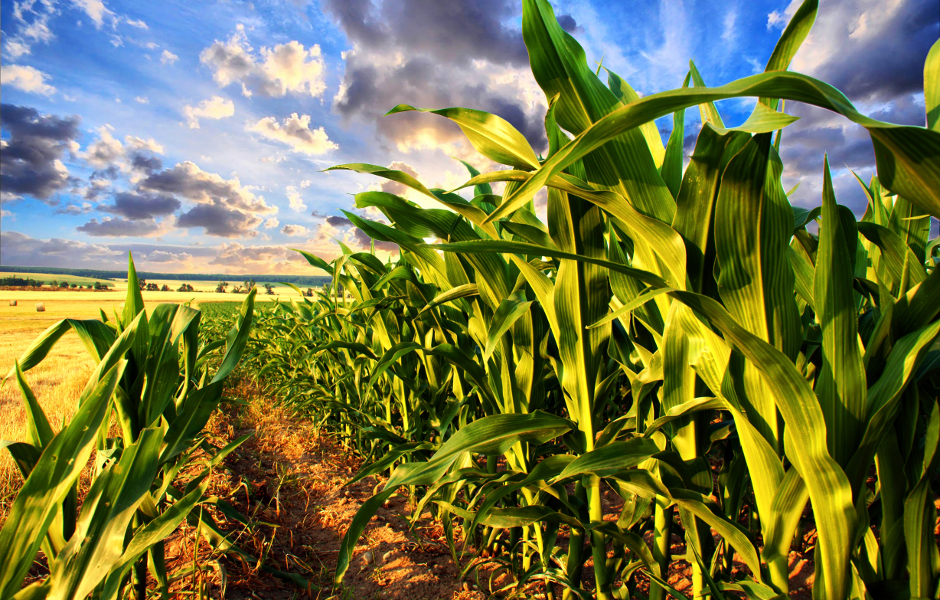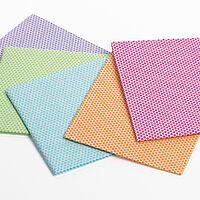Plastic waste in the oceans of the world is becoming an ever-increasing problem. Each of us knows the images from the media, about huge garbage accumulations in the oceans and become a threat to the ecosystem. We all probably think of plastic bags, packaging material and plastic bottles. This is by far not everything! But have you ever heard of microplastics?
Microplastics is one of the major hazards in our oceans, as it takes centuries to decompose them. It is taken up by creatures, from plankton to fish, as "food" and can not be processed in the body. So it gets through the food chain to us, to humans.
These plastic micro particles are mainly components of toothpaste, shower gel, lipstick or scrubs, but are also caused by the decomposition of larger plastic parts.
For example, every time we wash our garments, we dissolve a small portion of the processed plastics and feed them into the water cycle. Since even our conventional nonwoven wipes have a certain amount of plastic fibers to hold the viscose fibers together, we have been looking for a replacement fiber that can replace the polypropylene as a bonding fiber and biodegrade at the same time.

In the corn fiber we have found it. In coordination with the R&D department, we have developed a product that is entirely bio-recyclable and therefore environmentally friendly.
The corn fiber, as the name implies, is made from the corn plant and exhibits fiber-like properties, such as polypropylene, and serves as the hot melt adhesive fiber in the nonwoven fabric for the viscose fibers, which make up the largest portion of the cleaning cloth and are designed to absorb liquids.
Not only the high-quality product features can convince, but also the idea to counteract the pollution of our waters ultimately speaks for this environmentally friendly variant.











